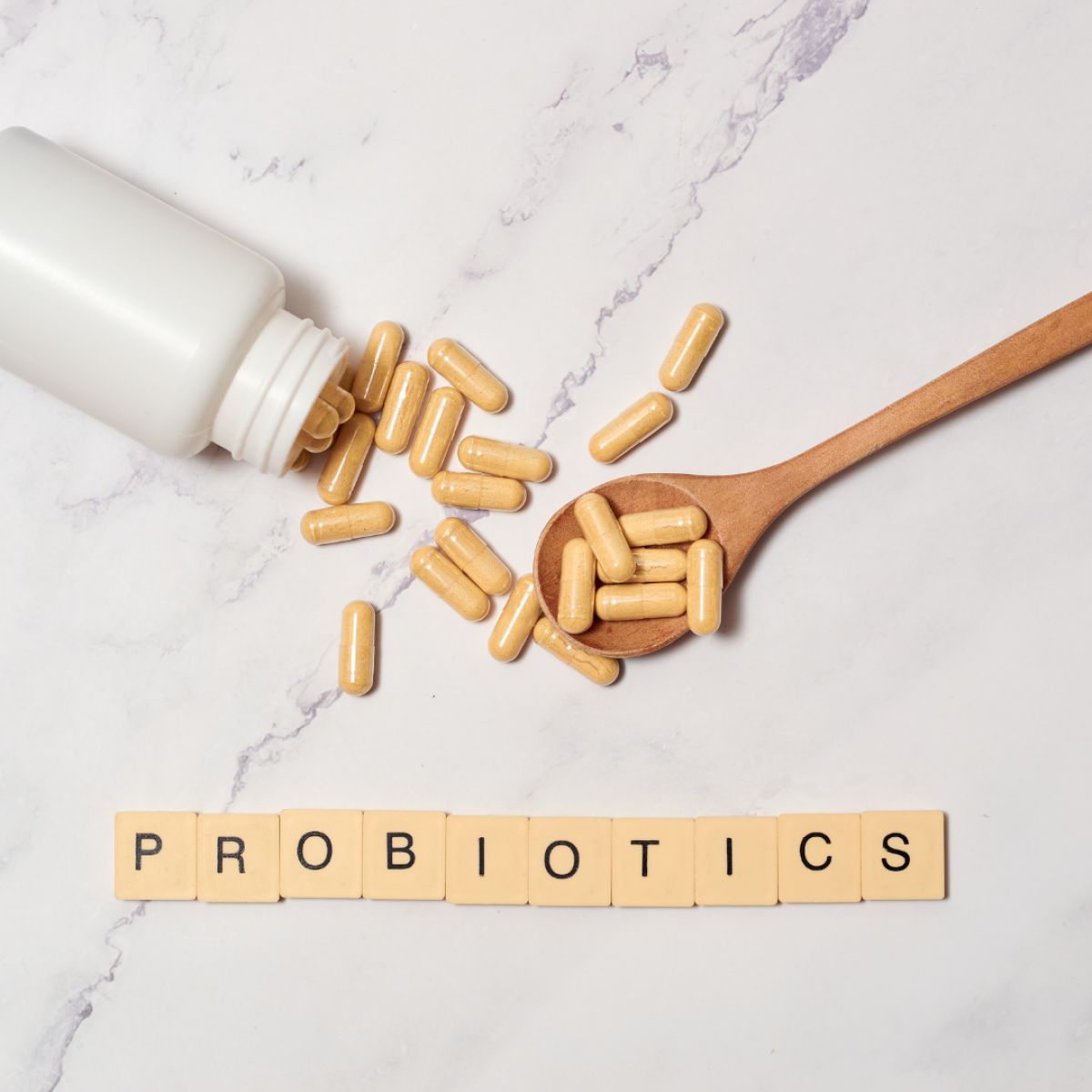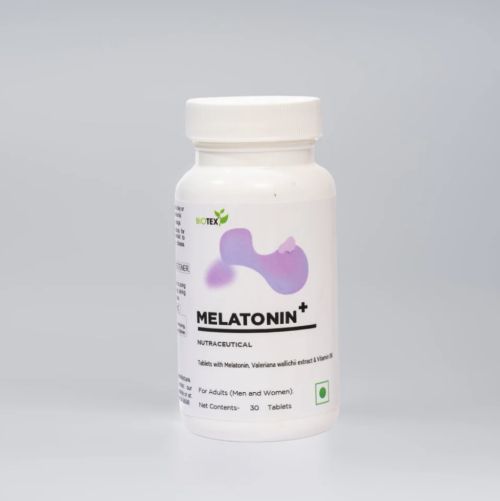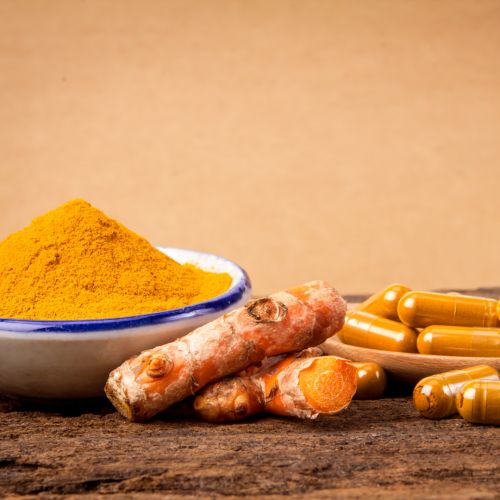Probiotics have swiftly become an important subject within health and wellness communities, acclaimed for their remarkable benefits. These live microorganisms, often referred to as "good bacteria," are touted not only for their crucial role in enhancing digestive health but also for bolstering the immune system. As more people seek natural ways to maintain their health, the interest in probiotics has surged, highlighting their importance in daily wellness routines. This blog will delve into the fascinating world of probiotics, explaining their mechanisms, their extensive health benefits, and practical ways to incorporate them into your diet for optimal health.
What are Probiotics?
Probiotics are defined as live microorganisms that, when administered in adequate amounts, confer a health benefit on the host. They are often called "good" or "friendly" bacteria because they help keep the gut healthy. Probiotics are found in a variety of forms, most commonly as dietary supplements and as live cultures in fermented foods like yogurt, sauerkraut, kefir, and kimchi.
The human gut is a complex ecosystem, home to billions of bacteria which are integral to our health. Probiotics contribute to this dynamic environment by enhancing its microbial balance. They compete with harmful bacteria for nutrition and attachment sites in the gut, help to break down food into absorbable nutrients, and stimulate the immune system. This balance of microorganisms in the gut microbiome is crucial not just for digestion but for overall health and well-being.
The regular consumption of probiotics can help maintain the balance of the gut microbiome, which can be disrupted by factors like a poor diet, stress, or antibiotic use. By supporting a healthy balance of gut bacteria, probiotics contribute to a range of health benefits beyond the gastrointestinal tract, including immune function and perhaps even mood regulation.
Probiotics and Digestive Health
Probiotics enhance digestive health primarily by balancing the gut flora, the community of microorganisms living in the intestines. This balance is crucial for effective digestion and nutrient absorption. Probiotics help by competing with harmful bacteria for space and resources, thus preventing the overgrowth of pathogenic bacteria. They also aid in breaking down indigestible fibers that can cause gas and bloating. For individuals suffering from conditions like irritable bowel syndrome (IBS), chronic diarrhea, or constipation, probiotics can offer significant relief. Specific strains such as Lactobacillus rhamnosus GG and Saccharomyces boulardii have been well-documented for their effectiveness in managing diarrhea, while Bifidobacterium lactis has shown benefits in improving bowel regularity. Regular intake of these probiotics can help maintain an optimal digestive environment and alleviate symptoms of common gastrointestinal disorders.
Probiotics and Immune Health
Probiotics contribute to immune health by strengthening the intestinal barrier and modulating the body’s immune response. This intestinal barrier protects against pathogens entering the bloodstream. Probiotics enhance this protective barrier by increasing the production of tight junction proteins, which tighten the spaces between intestinal cells preventing leakages. Moreover, they influence the immune system directly by interacting with gut-associated lymphoid tissue (GALT), a key component of the immune system present in the gut. Research indicates that certain probiotics can stimulate the production of antibodies, thereby enhancing the body's infection-fighting capabilities. Strains such as Lactobacillus paracasei and Lactobacillus acidophilus have been noted for their immune-boosting properties, including potentially reducing the incidence and duration of respiratory infections. Regular consumption of these probiotics can thus play a part in fortifying the immune system against common infectious diseases.
How to Incorporate Probiotics into Your Diet
Integrating probiotics into your diet can be done effortlessly through fermented foods like yogurt, kefir, sauerkraut, and pickles, all rich in natural probiotics. For those considering supplements, it's essential to look for products with a diverse range of strains and a high count of live organisms, which are more likely to colonize the gut effectively. Additionally, check the storage requirements to ensure viability. Before making any dietary changes or starting new supplements, it’s crucial to consult with a healthcare specialist to tailor the approach to your specific health needs. This consultation ensures safety and effectiveness, as a healthcare provider can offer personalized advice based on your health history, current conditions, and potential interactions with other medications you might be taking. Engaging with a professional not only helps in making informed decisions but also maximizes the benefits of probiotics while minimizing any risks. This step is important in ensuring that any adjustments to your diet or new supplement regimens are beneficial and adapted to your unique health requirements.
Probiotics offer substantial benefits for both digestive and immune health, helping to maintain a balanced gut microbiome and enhancing the body’s defense mechanisms. If you're looking to boost your gut health and overall well-being, consider the role probiotics can play. Start by adding more probiotic-rich foods to your daily diet and explore high-quality supplements that meet your needs. Always consult with a healthcare provider before beginning any new supplement regimen to ensure it aligns with your health conditions and medications. Take a proactive step today towards a healthier gut and a stronger immune system by embracing the power of probiotics.



